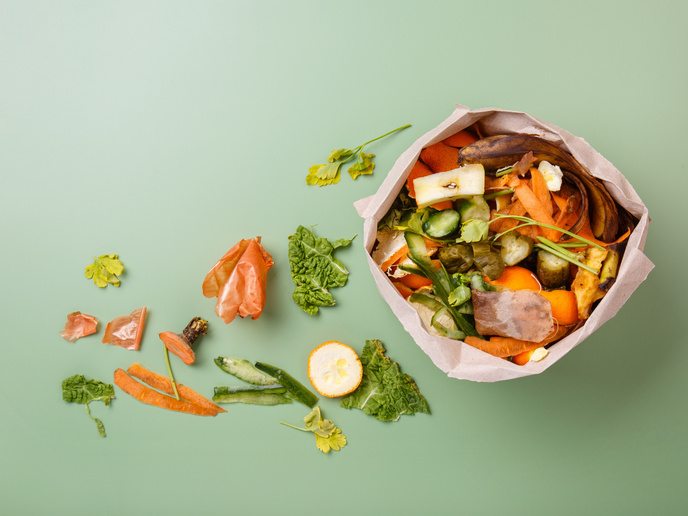Turning organic waste into energy
Our cities currently create large quantities of organic waste material such as old food. As cities grow, waste generated by the food chain is putting increasing strain on traditional management methods such as landfills. The EU-funded MicroRenew project developed an innovative device that transforms organic waste into a valuable new resource. The patented technology can process up to five tonnes of food waste per day in a single set of modules, generating clean energy such as biogas, electricity, heat, renewable natural gas and green hydrogen. The only by-products are water and a highly valued fertiliser. The technology delivers circularity with scale adjusting to the various amounts of organic waste available for processing. The technology fits into a vision of future cities in which every building, including airports, ports, schools and hospitals, all process their own waste and recapture its energy. “No more rubbish trucks are needed and the buildings become circular environments,” explains Sandra Sassow, co-founder and CEO of SEAB Power Ltd(opens in new window) and MicroRenew project coordinator.
Harvesting energy from waste
The patented MicroRenew technology is a containerised odourless anaerobic digestion system that is built inside shipping containers. The devices are fully automated, with remote monitoring and data collection, and have AI integrated to optimise the systems. Organic waste enters at one end, before a series of state-of-the-art sensors and controls prepare the material for digestion before processing it and releasing energy. Through the MicroRenew project, the team fully redesigned the modules, doubling the efficiency of their units and the energy that is generated. “This essentially makes our footprint smaller, which is key for the urban implementations we are targeting,” Sassow adds.
Upgrades and pilot tests
The project ran a number of pilot tests of the various enhancements. The team explored various pretreatment technologies, along with different solutions for depackaging (removing liquid from packaging) and the resulting quality of digestate. Sassow highlights that the MicroRenew system produces net energy, rather than consuming it to process waste. This is a key differentiator compared to composting and centralised anaerobic digestion facilities, as they both use energy – either while functioning or through the transport of waste to and from the facility.
Supporting a future of clean energy
During the MicroRenew project, SEAB Power was shortlisted for a number of awards, and features in the EnviroTech 50 ranking for 2023, which highlights British companies creating technology for green energy. “From a commercial standpoint, we have seen our pipeline of opportunities double in the last 12 months of the grant project as we launched the redesigned units,” says Sassow. Future research will explore ways to process seaweed, which is turning up increasingly on beaches and rivers around the world. “There are so many nutrients that can be recaptured to create organic fertiliser as a carbon-neutral replacement for fossil fuel-derived fertilisers,” Sassow notes. The MicroRenew team aims to deploy the systems around the world in a similar fashion to solar and wind. “We intend to roll the systems out across Europe, North and South America and Australia, supported by project and lease financing and the localised manufacturing relationships we have already established,” Sassow adds.







